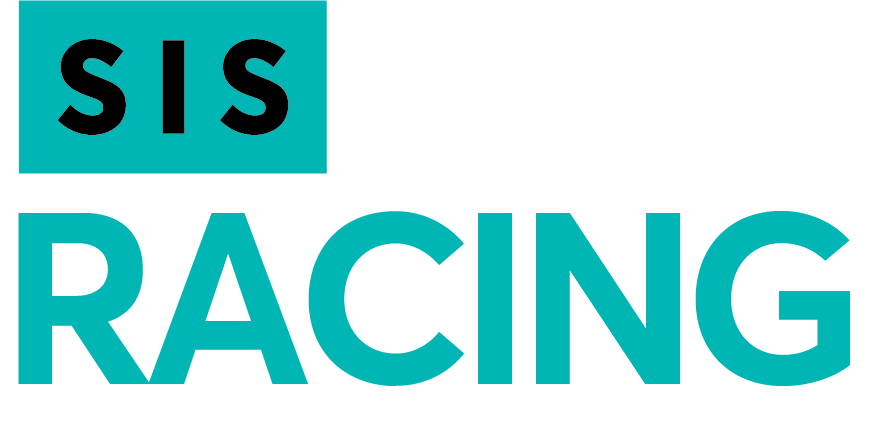Bird seeks Treasury assurances over equal treatment in Budget

GBGB chief executive Mark Bird has written to the Chief Secretary to the Treasury, the Rt Hon James Murray MP, seeking assurances that greyhound racing will be treated on a par with horseracing in the forthcoming Budget.
Chancellor Rachel Reeves is expected to target betting as a fund-raising area with initial concerns that any proposed harmonisation of betting taxes would see horse and greyhound racing betting linked to wagering rates paid on Fixed Odds Betting Terminals and online casino-style games.
After months of speculation, weekend reports suggested that any increase in betting taxes borne by operators may be focussed those other forms of gambling, and Bird's letter stresses that greyhound racing faces exactly the same issues as horseracing if not even more acutely due to the voluntary nature bookmakers' contributions to the British Greyhound Racing Fund.
Even should horse and greyhound racing be spared a direct hit, there are fears that increases in other betting duties will render many betting shops unviable which would mean a big drop in revenues into both codes all the same.
Additionally to Bird’s letter, on Tuesday Conservative MP Jack Rankin, who has Ascot and Windsor racecourses within his constituency, asked a question in Parliament about whether horseracing and greyhound racing would secure a carve-out from any increases.
📣 Grateful to @jackmrankin MP who raised an important question to the @hmtreasury Minister today about the proposed #BettingTax harmonisation
— GBGB (@GreyhoundBoard) November 4, 2025
If allowed to proceed, the proposals would have far reaching implications for horse and greyhound racing
Listen to his question here⤵️ pic.twitter.com/Ddof3Z6MHO
There was a non-committal 'wait and see' response but the GBGB will be pleased to have seen greyhound racing linked with horseracing in the phrasing of the question.
